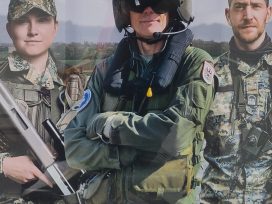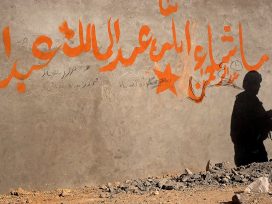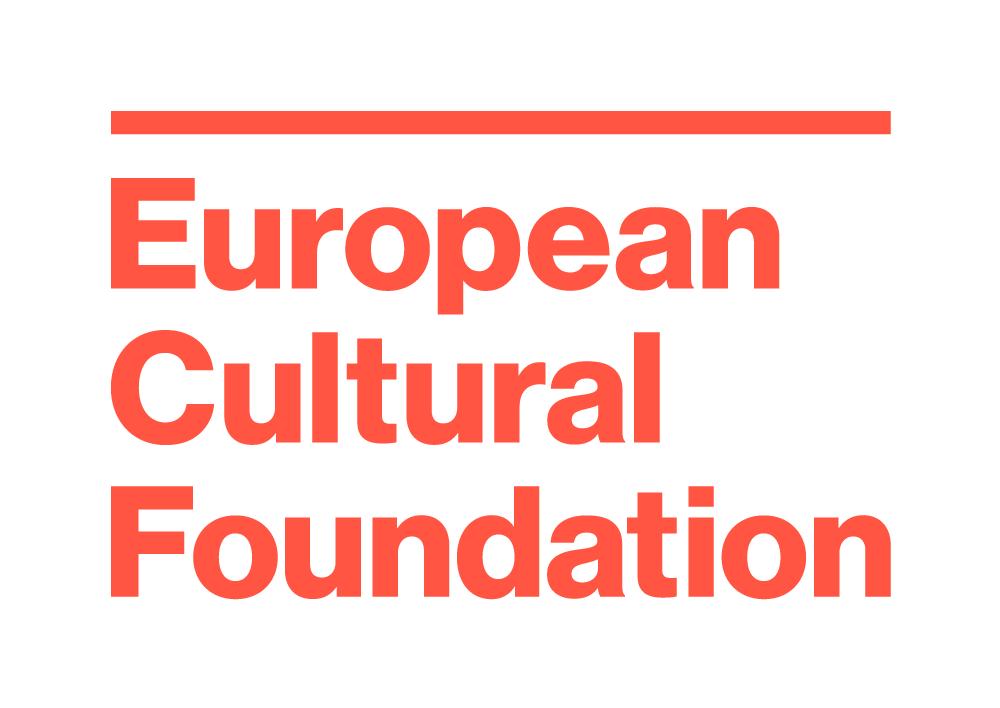Why it united in the first place
Ukraine seems to be more dedicated to European unity than the EU itself. And despite the Kremlin’s best attempts to isolate Russians, a tipping point is inevitable. Until then, we must support cultural workers – their presence is crucial for meaningful change, argues André Wilkens on the podcast.
In this episode of Gagarin, director André Wilkens talks about the state of the European project ahead of Europe Day or Schumann Day on the 9th of May. The director of the European Cultural Foudation points out how Putin’s war on Ukraine reminds Europe of why it needed to unite in the first place; the role of cultural workers in the crisis of war and destruction; and ultimately, what one can celebrate on Europe Day when the very integrity of the European Project is being contested.
Spoiler: André Wilkens wants a public holiday dedicated specifically to celebrate and reflect on the European Union. And don’t we all?
This episode is a condensed and edited version of a longer conversation, which is available in its entirety only to our Patrons, featuring bonus material about what European youth have been afraid of – and how their concerns have quickly shifted. You can get access to the full episode, and more giveaways by becoming a Patron for as little as €5 a month on Patreon.
You can find the programme of this year’s Europe Day and get more information about the Culture of Solidarity Grant of the ECF dedicated to supporting cultural workers affected by the war in Ukraine.
Please subscribe to the podcast on Spotify, Apple podcasts, Castbox, Stitcher, Soundcloud or wherever you listen, and leave a review so more people can find us. You can also subscribe to our newsletter, so you’ll always know what’s worth thinking about.
Published 1 May 2022
Original in English
First published by Eurozine
© Eurozine
PDF/PRINTIn collaboration with
Newsletter
Subscribe to know what’s worth thinking about.
Related Articles

Talk of demilitarization and mobilization divides opinion. Could giving women and other feminized groups more agency in wartime decision-making flip their traditionally passive role, providing relief from trauma and injustice?

From Bosnia to Afghanistan, the neoliberal peace-building model has compounded conflicts and inequalities by eroding the core function of states. But in Ukraine, the co-optation of the recovery process by private economic interests is being taken to a whole new level.





